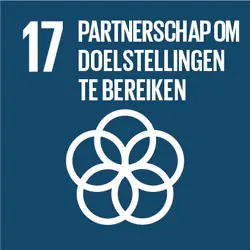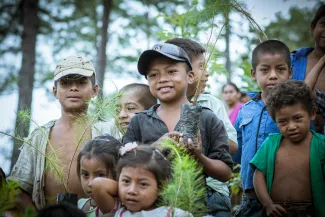
How VITO contributes to the SDGs
VITO is a leading international research and consulting centre. Its research agenda focuses on today’s major social challenges: climate change, food security, raw materials scarcity, a sustainable energy supply and an ageing population. In this way, VITO supports not only the future vision of Flanders but also the United Nations Sustainable Development Goals.
Good health and well-being
As researchers, we want to develop the scientific insight that health is the sum of social, environmental, genetic and lifestyle factors and promote solutions worldwide. As VITO we want to promote a culture of wellbeing through an active experience of our values and an incorporation of sustainability in all our actions. Our Fit@VITO program actively supports our employees to adapt a healthy lifestyle.
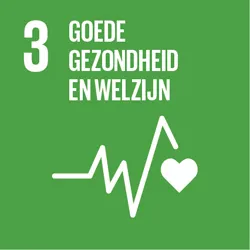
Quality education
As a research institution, VITO supports equal access to high-quality education and life-long learning for everyone. The right to education forms the basis for all other human rights. Despite this, 121 million children have never been to school or have left school early. This is in stark contrast to the promise made by the international community to create ‘education for everyone’ by 2015.
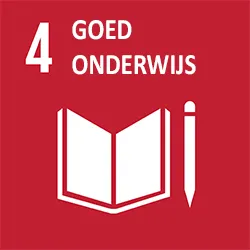
Gender Equality
As a company, VITO wants to continue working towards a fair and inclusive workplace with a diverse workforce, as further clarified in our diversity and inclusion policy. Our culture, values and business operations reinforce our positive approach to diversity and embrace diversity as an asset for innovation. We support this culture with positive actions such as training and development, recruitment and selection, FIT@VITO, welfare and more. In addition, our HR strategy for researchers includes an explicit commitment to gender equality, which we monitor with the help of the HR Excellence label.
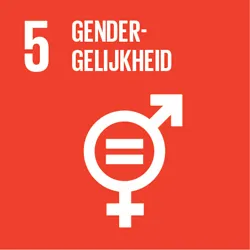
Clean water and sanitation
As a research institute, by innovating and linking physical and digital technologies VITO creates decision support tools that empower governments, industry and individual users to play their role in the water transition. VITO sets up inspiring living labs in a national and international context to demonstrate integrated water management solutions, thereby raising the amount of sustainable technological implementations for clean water and sanitations.
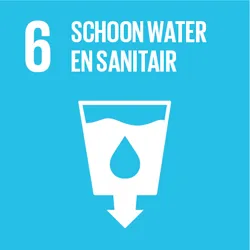
Affordable and clean energy
VITO as a research institute wants to accelerate the transition to a clean, affordable and secure energy system for all. VITO engages in Energyville with the aim of being the energy hub of our sustainable research and innovation Thor campus in Genk and creates a living lab for innovative technologies that contribute to the concept of energy positive communities that give access to electricity to all in developing countries and have the potential to increase substantially the share of renewable energy in total energy. VITO as a company aims to build a climate positive new campus for its headquarters by 2030, powered by deep geothermal energy, which contributes to enhancing biodiversity.
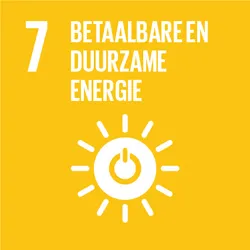
Decent work and economic growth
VITO supports the eighth Sustainable Development Goal, the aim of which is to eliminate forced labour, to eradicate slavery and human trafficking, to ban the worst forms of child labour, including the recruitment and use of child soldiers, and to end all forms of child labour by 2025.
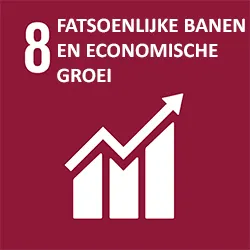
Sustainable cities and communities
VITO supports public and private stakeholders in the transition to a sustainable urban infrastructure by translating scientific knowledge into decision support in the fields of air quality, water management, resource efficiency, energy and sustainable buildings. Key in our research is the integration of environmental impacts and transition management to a circular economy and a sustainable energy system. We are internationally active in fast developing regions with a huge need for sustainable urban infrastructure like China and India.
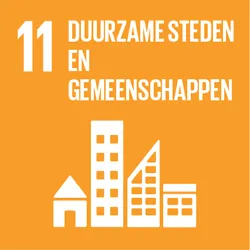
Responsible consumption and production
As a research institute, VITO aims to develop technological solutions that would allow a drastic reduction in the use of fossil resources in the chemical industry. VITO aims to develop and implement 10 tools that help decision makers to roll out the circular economy. VITO will develop indicators and application to evaluate policy frameworks and policy plans on sustainable consumption and production. As a Company VITO will develop a front-running sustainable consumption framework and will support his employees to make sustainable lifestyle choices. Our sustainability performance will be published in our annual report.
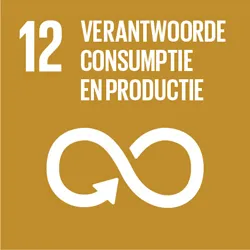
Climate action
In its research activities, VITO supports the transition to a low carbon society with scientific knowledge and ready to use applications, technological solutions as policy advice. We are a leading, independent knowledge provider of local, regional and European public bodies in the field of energy, resource efficiency, land use and biobased economy. As a company, VITO aims to be climate positive by 2030.
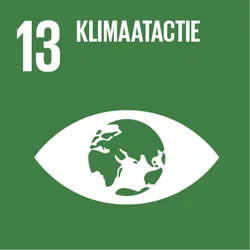
Partnerships for the goals
To help strengthen the means of implementation and revitalise the global partnership for sustainable development (SDG 17), VITO has launched G-STIC, the Global Sustainable Technology and Innovation Community. G-STIC focuses on accelerating the implementation of market-ready integrated technological solutions that address multiple sustainable development challenges at the same time.
Together with seven other non-profit technology research organizations from Brazil, China, India, Kenia, South-Korea and Nigeria, VITO co-hosts the yearly G-STIC conference. This conference brings together entrepreneurs, researchers, innovation experts, technology suppliers, investors, captains of industry and policymakers from all over the world. They meet at the G-STIC conference to define actions to forward the implementation of market-ready solutions and set up institutional, regulatory, policy and business frameworks that are needed to achieve the SDGs.
